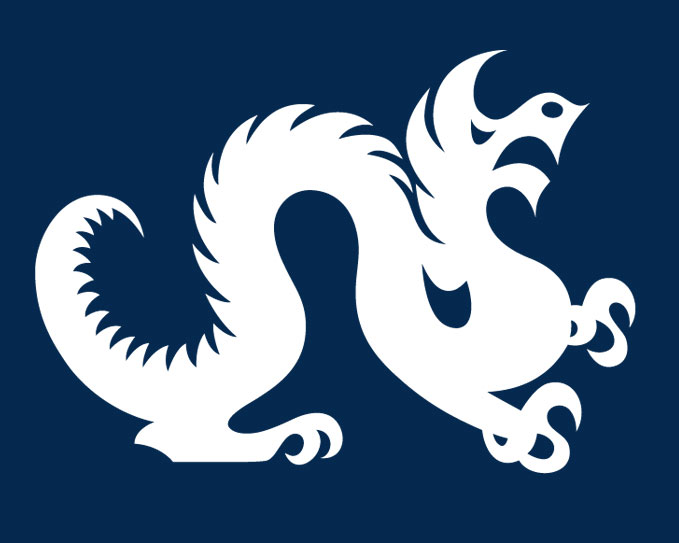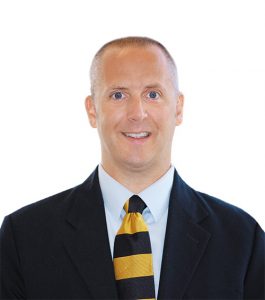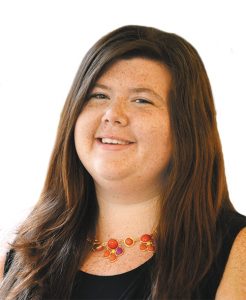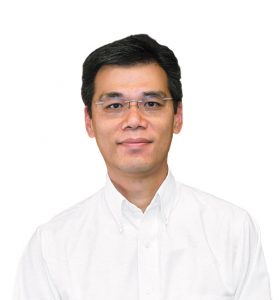DM: Over the past 15 years or so, what has the cheating culture been like here at Drexel? And how has the University been keeping pace with the technology to combat cheating?
Mike Scheuermann is an IT professional who helps faculty fight infractions like cheating and plagiarism via technology-based and traditional solutions.
MS: In the movie “Animal House,” the featured fraternity has members steal the original mimeograph form of a particular final exam after hours, when only custodial staff are around, apparently the night before the actual tests were given. Today, that can be done without breaking into a campus building or office at night. Some students take screen shots of test questions and share them. Others have hidden video or still cameras to capture various exam elements without anyone knowing it. While the academic honesty violations happening today, like the Yik Yak example, seem new, they are really little different from the cheating enacted by John Belushi and his buddies in “Animal House.”
There is not much that is new here — except for the delivery/sharing method between the cheaters.
A few years ago, there was a string of articles in the Chronicle of Higher Education, much like the one about Yik Yak. Some Drexel officials got together and said “How do we keep Drexel away from headlines like this?” So we created a subgroup within the University’s Online Learning Council (OLC) devoted to this issue. The council envisioned and fashioned a website as a one-stop-shop for resources for instructors, whether they were facilitating online courses, hybrid ones or teaching face-to-face, and this working group posts information and many resources there. We wanted to make sure that the University community was talking about academic integrity in class, that policies were clearly stated in a class syllabus, and that faculty and teacher assistants were aware of the resources and technology available to them.
Cheaters use instant messaging, email, voicemail, video and any manner of electronic communication to share information. At the end of the day, cheaters will get their comeuppance. Employers will challenge them to show what they learned, and they will not be able to produce. They will speak, and it will be clear to listeners that they did not pass basic humanities courses on their own. Their decision-making will be flawed. Their critical thinking will be substandard. They will pay the price, whether they cheated on the exam through conversation, Yik Yak or any other means, actually. The price cheaters pay will be a heavy one — not to mention how it will forever weigh on their consciences.
DM: What are the common reasons for this behavior coming through your office? And if a student is suspected of cheating or plagiarizing, what happens?
Stephen Rupprecht is assistant dean of students and head of the Office of Student Conduct and Community Standards.
SR: The academic integrity policy is the second-most violated (and reported) at Drexel behind violations of the alcohol policy. Within the academic integrity policy, plagiarism, by far, dominates the types of cases reported by faculty, followed by cheating. (Editor’s note: According to Drexel’s student handbook, “plagiarism” is the inclusion of someone’s previously documented words, ideas or data in one’s own work. “Cheating” is an act or an attempted act of deception by which a student seeks to misrepresent that he or she has mastered information on an academic exercise that he/she has not mastered.) Of the 208 reports received in 2013–14 (the most current data available), 65 were for cheating, 130 were for plagiarism.
Competition is the No. 1 reason to cheat. These students are looking for any kind of edge possible. Unfortunately, they are turning to the dark side to achieve
that outcome.
If a student is suspected of violating academic integrity, the first thing that happens is that the instructor has to make a decision on whether or not to confront the situation. If the instructor moves forward, he or she then seeks the student’s response to the allegation, and if the student takes responsibility, the two will talk about sanctions.
Some of the penalties range from the student failing the assignment/quiz/exam, which may not affect the final grade, to a reduction in the grade for the course or even failing the course. Some instructors say that the fact that they are even reporting it is punishment enough.
These are formative years for these students, and they are going to make mistakes. One of the things that I think we are responsible for as educators is to guide them in the right direction so that when they leave our campus, they are better prepared to make the right decision. I certainly hope they don’t carry this behavior into their profession — the literature supports that students who cheat in college will cheat in the workforce. But, beyond that, I am most concerned about nurses, engineers — I wouldn’t want to drive my car over a bridge designed by an engineer who cheated.
DM: As a student, what roles do you think academic pressure and competition play as a catalyst for academic dishonesty?
Student Bridget Conaway is a senior psychology major who serves as treasurer of the Panhellenic Council at Drexel (and does not cheat).
BC: Drexel is fast-paced. Most students are taking five to seven classes a term on top of working part-time, and are involved in extracurricular activities and other things in order to develop themselves as individuals. There is not enough time in the day to do what you want and need to do. That overwork can definitely promote this kind of behavior. The high-drive students that we have here at Drexel want to be the best — failure for most people at this point in their lives is not an option.
I find that a lot of people cheat in classes that are not specialized toward their major, like general education classes or even classes they’re just not “into” anymore. That disinterest, paired with frustrations in general life, drive them to look to other places for the information. And with technology, this is definitely easier. It’s also much easier to get caught.
A lot of students aren’t aware of what can happen or they don’t imagine in the grand scheme of things how it will affect them. To me, cheating isn’t helping in any way, it doesn’t benefit you or anyone else. Helping other students, whether through social media or some other means, isn’t going to improve your life overall. You don’t pay all this money to go to college and not really earn what you have.
DM: Cheaters may not realize that they leave behind digital fingerprints. As a faculty member, how easy is it to spot evidence of cheating and plagiarism?
Christopher Yang is a computer science professor and expert in social media.
CY: Whenever I talk to people, I say there are many ways to cheat, but it’s very unwise for you to do it, because we will find it. You can cheat from the Web or from social media, but so can someone else, and so there is a lot more evidence to show that you have cheated. Everything you copy is still out there — even your conversation about it is digitized.
There really is no “anonymous” in social media — if you talk about where you study, what courses you study, what dorm you’re meeting at, it can all be traced back to who a person is.
In courses with 40 to 50 students, I think the behavior is more difficult for a professor to identify. The courses I teach are small, so I can easily tell if students are cheating or plagiarizing. In some cases, the writing of one of my students may look very different from one particular sentence to another, and I can easily see and search and find it somewhere, and find the source very quickly. I usually don’t check every single paragraph, but if the writing doesn’t integrate from sentence to sentence, that’s an indication that it may not be the student’s original work.
If I suspect a student has cheated, I have him come to my office, and I ask to hear in his own words if he did the work on his own. I have given second chances — in some cases, I understand the student is not intentionally doing something wrong. My job is to help them learn at the same time. But if a student was dishonest and is intentionally trying to hide it, my job is to find evidence and prove it and then they should be penalized.


